this new series allows families to connect to each other, the Denver Jewish community, and to nature
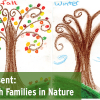

this new series allows families to connect to each other, the Denver Jewish community, and to nature
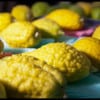
Celebrate the harvest festival of Sukkot at Red Wagon Organic Farm
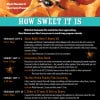
How Sweet It Is! A series of honey and bee-related programming hosted by Ekar Farm, Mizel Museum and Hazon.
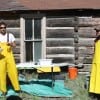
Ramah Outdoor Adventure, a Jewish summer camp in Colorado, decided that this summer they would conduct a chicken Shechita (ritual slaughter)
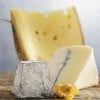
Boulder’s Tuv Ha’aretz CSA is offering a series of cooking classes
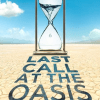
LAST CALL AT THE OASIS presents a powerful argument for why the global water crisis will be the central issue facing our world this century.
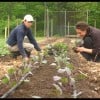
Why was Adam’s “consequence” to work the soil? Why were many of the Bible heroes shepherds?
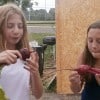
This summer, Ekar will host their first summer camp program for children ages 7-11.
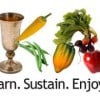
Farm to Farm Bike Ride in Colorado! Special program for teenagers.

The Israel Ride is October 30 – November 6th and Team Colorado is coming together with several riders already registered.

Our heartfelt thoughts and prayers are with those impacted by the ongoing wildfires burning throughout Colorado.
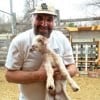
Rabbi Marc Soloway finds surprising joy in milking goats once a week on Sunday mornings and gathering fresh eggs from Jewish goat and chicken co-ops.
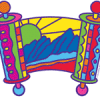
Stop by our Jewish Food Movement Booth
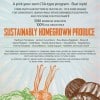
Come enjoy harvest time in Ekar’s fields. Pick some veggies for donation to JFS Weinberg Food Pantry and pick some some for your family.
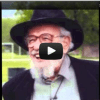
A Hazon intern created a video about his experience with the Rocky Mountain Jewish Food Summit and how it impacted his Jewish identity.
